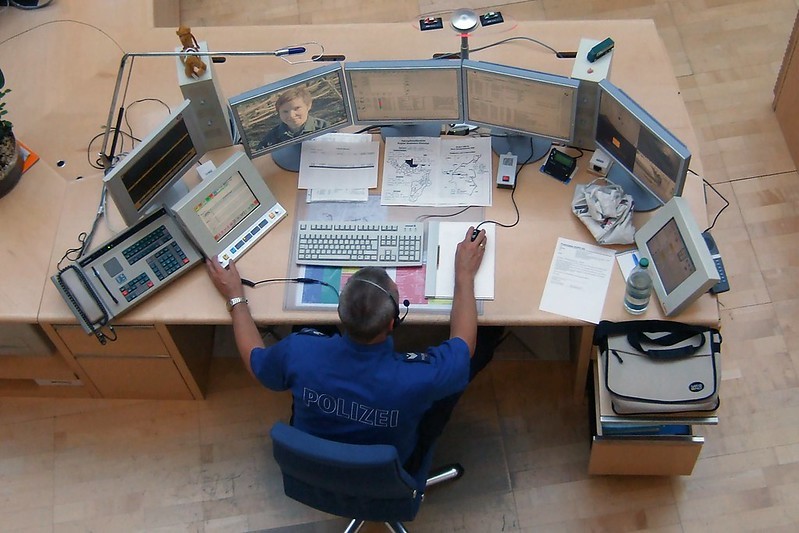
As the COVID-19 coronavirus pandemic continues to sweep the world there are dramatic changes taking place at contact centers. Almost every customer experience (CX) specialist, including Transcom, has been moving agents to work from home.
This is a major operation and involves getting thousands of people, who are used to an office environment, to safely work from their homes. It involves the logistics of ensuring they all have the required equipment and technology, plus information security, and there are also cultural changes to ensure that remote workers can continue to feel they are part of a team.
The question many are now asking is whether the “new normal” for all customer service operations is going to be WAHA - work at home agents. Of course, for the foreseeable future this will remain the case. While everyone has to practice social distancing to prevent the further spread of the virus it makes sense to keep the team at home.
But I don’t think that large contact centers are a thing of the past. They can offer training and development facilities that are hard to match at home and they offer the collegiate atmosphere of a team all physically working together to help a client. There are virtual solutions to help improve how teams can work together remotely, but of course nothing beats actually being together and seeing each other.
But we will not just revert back to a contact center only business model. This crisis has demonstrated that companies need to build customer service operating models that include a mix of improved self-service, greater automation, WAHA, and a contact center at the core.
Teams must have greater flexibility to work in the contact center or to work from home. They need the infrastructure in place, such as laptops and security protocols, so that future Business Continuity Planning (BCP) can include the easy transfer of contact center based teams to their homes. It should be normal to work from either location creating greater flexibility.
This crisis has taught many companies that they cannot have all their customer service eggs in one basket. The future for customer service will still involve contact centers, but will need to introduce all these more flexible elements so processes can be distributed overnight, if needed.
We are moving quickly into a new era of customer service and contact centers, but we will not immediately see the death of the contact center. Humans remain social and teams work best when they can be together, even if they are no longer going to be together 100% of the time.
Oliver Cook
Chief Commercial Officer EMEA (CCO EMEA)